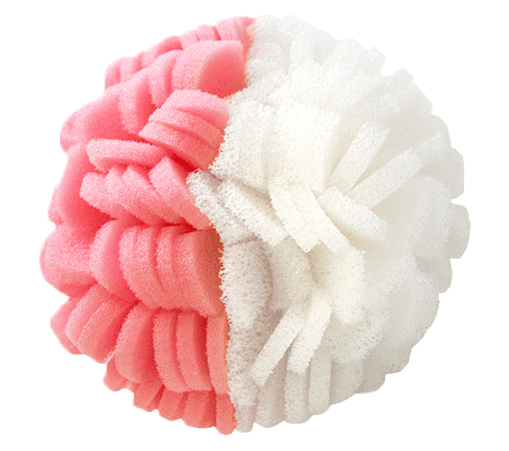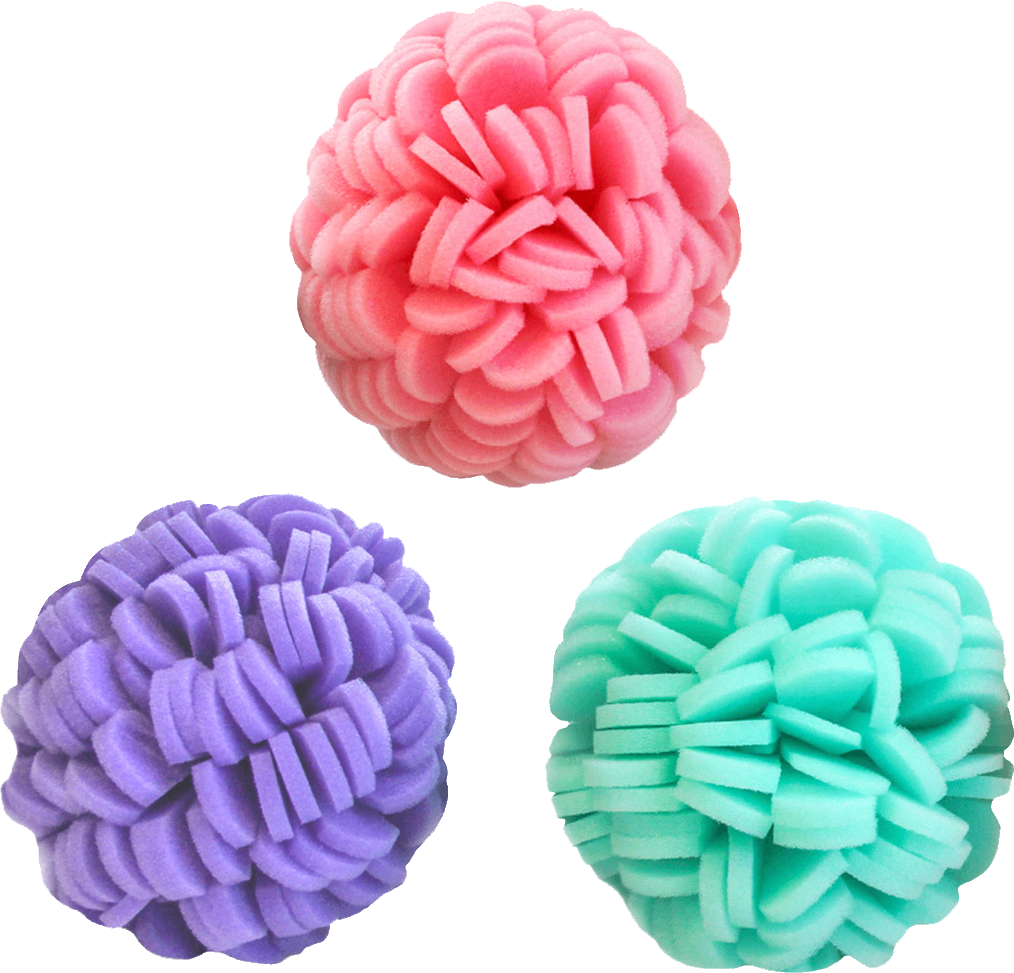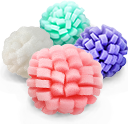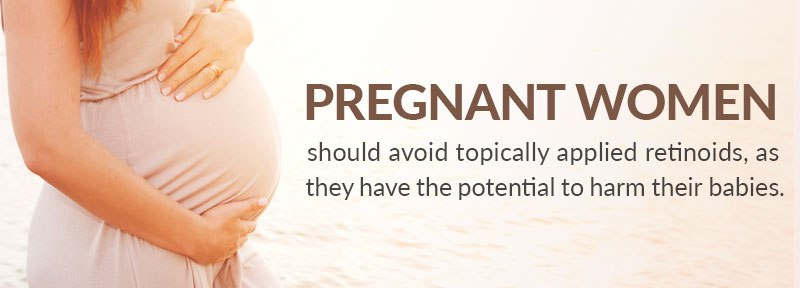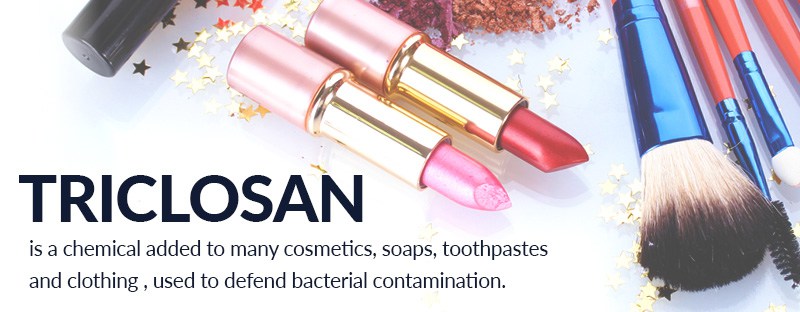Much in the same way that pregnant women must be more conscientious about what they eat during their pregnancy, so must soon-to-be mothers exercise caution when using certain skin care ingredients. We wanted to dedicate today’s post to briefly discussing which ingredients pregnant women should abstain from and why.
Retinoids
It is generally suggested that pregnant women abstain from using retinoids unless otherwise recommended by their physicians. Isotretinoin is among the retinoids of which pregnant women should be most wary, as this oral acne therapy has been linked to miscarriage, an assortment of birth defects, physical and developmental disabilities, and premature birth, among numerous other adverse effects. Women who wish to become pregnant should avoid attempting to conceive for at least 4 weeks before starting to use isotretinoin, and at least for 4 weeks after discontinuing isotretinoin therapy (March of Dimes, The Obstetrician & Gynaecologist). Several studies have also suggested that topical retinoids like adalapene and tretinoin may induce birth defects, although more research is required to understand and confirm these effects (Prescrire International, American Journal of Medical Genetics).
Phthalates
Phthalates are a group of chemicals commonly used to make plastics more flexible and hard-to-break. When used in skin care products, cosmetics, and shampoos, phthalates are meant act as softeners. However, phthalates have garnered negative attention lately, as several studies suggested that phthalates may affect hormone levels and activity (Centers for Disease Control and Prevention, WebMD). For example, research published in Environmental Science and Technology found that use of phthalates increased the risk for pregnancy loss in women, whereas a study from the journal Environmental Health suggested that phthalates may increase diastolic blood pressure and heighten the risk of pregnancy-induced hypertensive diseases. Phthalates have also been linked to disrupted gene functioning in placenta, a higher risk for premature delivery, and impacting the masculinization of the genitals in male fetuses (Environmental Health News, JAMA Pediatrics, Science Daily). While phthalates are not inherently bad (research published in Fertility and Sterility did not find any adverse effects in women who used phthalates), women who are pregnant or who plan to soon become pregnant should discuss using phthalates with their health care provider.
Triclosan
Triclosan is a chemical added to many soaps, cosmetics, toothpastes, clothing and even kitchenware so as to defend against bacterial contamination. While triclosan is generally believed to be a non-hazardous material to humans, recent research has suggested that it may be detrimental to pregnant women and fetuses. Specifically, it is believed that triclosan may impede activity of the estrogen sulfotransferase enzyme, which plays a role in metabolizing estrogen and transporting it to the growing fetus. For example, research published in Environmental International found that triclosan had the potential to inhibit estrogen sulfotransferase activity (and subsequently affect estrogen delivery to the fetus) in sheep models. However, researchers are still unsure of at what level triclosan becomes detrimental to one’s health (FDA, University of Florida).
Bottom Line
There are numerous ingredients that pregnant women should not use (or which they should use in small concentrations), among which retinoids, phthalates, and triclosan are some of the ingredients most commonly prohibited to women who are expecting. If you intend to become pregnant or have recently conceived, then it is best to speak with your dermatologist and physician as soon as possible so as to avoid any potential damage to both your health and that of your baby.

